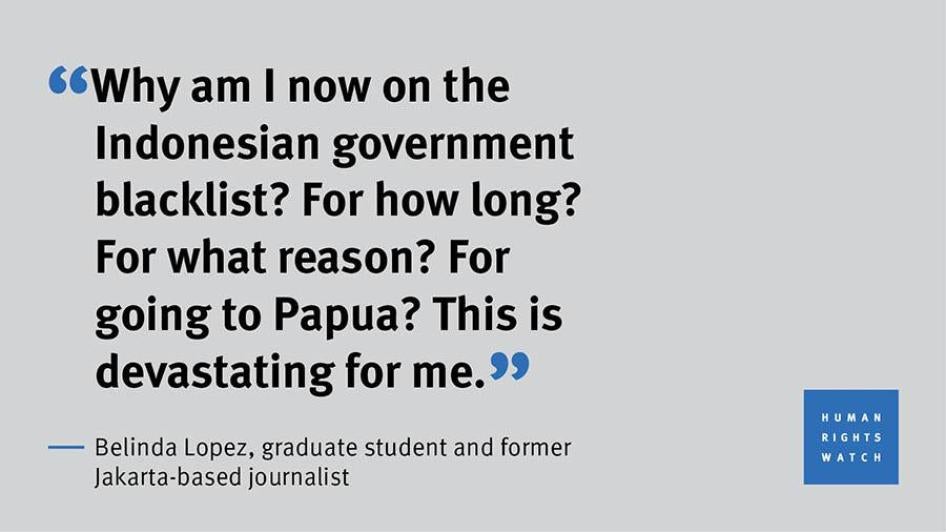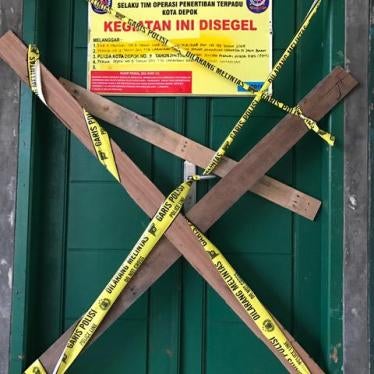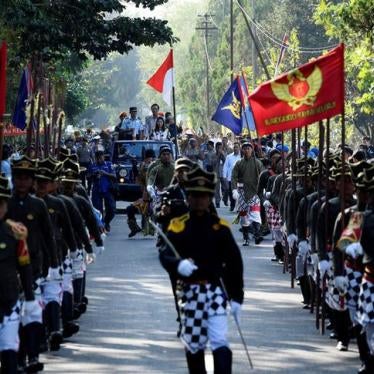“Why am I now on the Indonesian government blacklist? For how long? For what reason? For going to Papua? This is devastating for me.”
That was the reaction of Australian graduate student Belinda Lopez on August 4 when immigration authorities at Ngurah Rai International Airport in the Indonesian province of Bali abruptly aborted her honeymoon by informing her she was on an official blacklist and banned from the country. She was deported 24 hours after her arrival.
Lopez‘s “crime” appears to be that she was once a journalist. Immigration authorities repeatedly asked her if she was reporter and if she had “done something wrong to Indonesia.” She had previously worked at the Indonesian English-language newspapers The Jakarta Post and The Jakarta Globe, and had been deported from Papua in 2016 on suspicion of “being a reporter.” This likely led to her being placed on a blacklist.
There is a deeply rooted perception among many Indonesian government and security agency officials that foreign media access to their Papua and West Papua provinces (collectively referred to as “Papua”) is a recipe for instability in a region already troubled by widespread public dissatisfaction with Jakarta, and a small but persistent armed independence movement.
Despite the rhetoric of Indonesian President Joko “Jokowi” Widodo’s announced opening of Papua to foreign media in May 2015, the grim reality is journalists are still blocked from reporting there. Violations of media freedom for foreign journalists in Papua, along with visa denial and blacklisting of reporters who challenge the official chokehold on Papua access, continue unabated. In February, Indonesian authorities arrested BBC correspondent Rebecca Henschke for tweets she made while reporting from Papua. She was questioned for 17 hours by immigration and military officials before being freed.
Government restrictions on foreigners have extended to United Nations officials and academics Indonesian authorities perceive as hostile. In June, the United Nations high commissioner for human rights, Zeid Ra’ad Al Hussein, decried the government’s seeming refusal to make good on an official invitation to visit Papua.
Until Jokowi honors his commitment to open Papua for foreign media, the immigration blacklist of anyone “suspected of being a reporter” is likely to grow.









